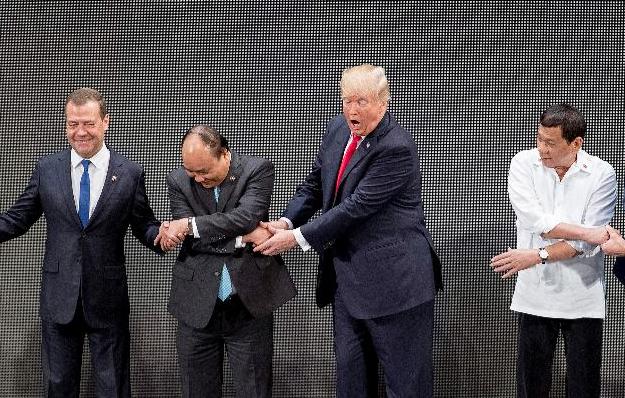
Yang Wenjing, Research Professor, Institute of American Studies, CICIR
Dec 11, 2017
Is Trump’s Asia policy really that different from his predecessors’?
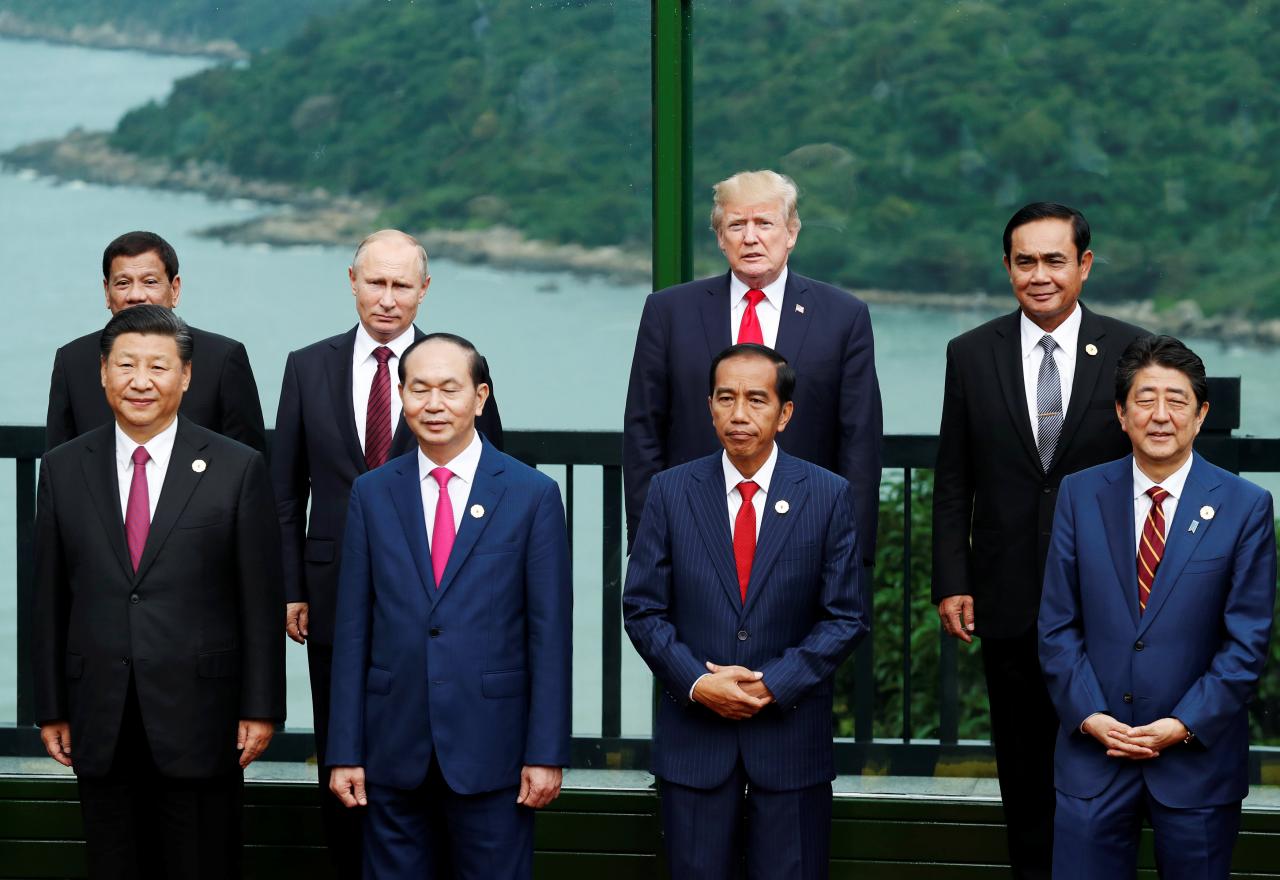
Sampson Oppedisano, Executive Assistant to the Dean, The Milano School of International Affairs, Management and Urban Policy
Dec 08, 2017
When a U.S. president goes on a tour of a region of the world, the goals can range from reassuring existing alliances, to encouraging the adoption of democratic values such as human rights, to working on building diplomatic relations and economic development. Not President Donald Trump.
Dec 07, 2017
President Donald Trump on Wednesday reversed decades of U.S. policy and recognized Jerusalem as the capital of Israel, imperiling Middle East peace efforts and
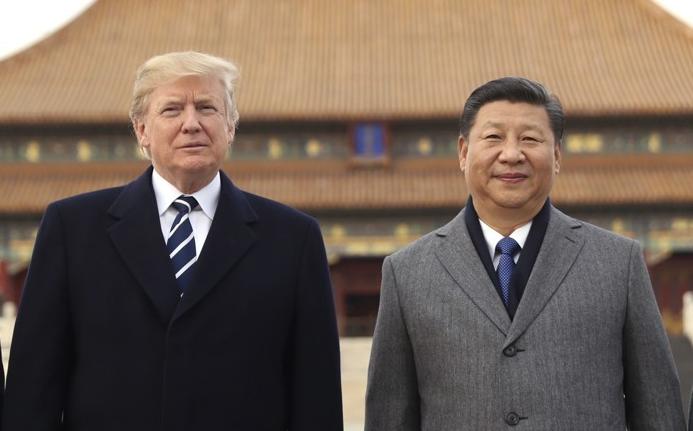
Lucio Blanco Pitlo III, President of Philippine Association for Chinese Studies, and Research Fellow at Asia-Pacific Pathways to Progress Foundation
Dec 01, 2017
The resurgence of China creates opportunities for partnership in delivering public goods and sharing the burden of maintaining the global economic and security order. However, China’s rise also brings challenges to traditional U.S. primacy and leadership, especially if such leadership cannot be shared.
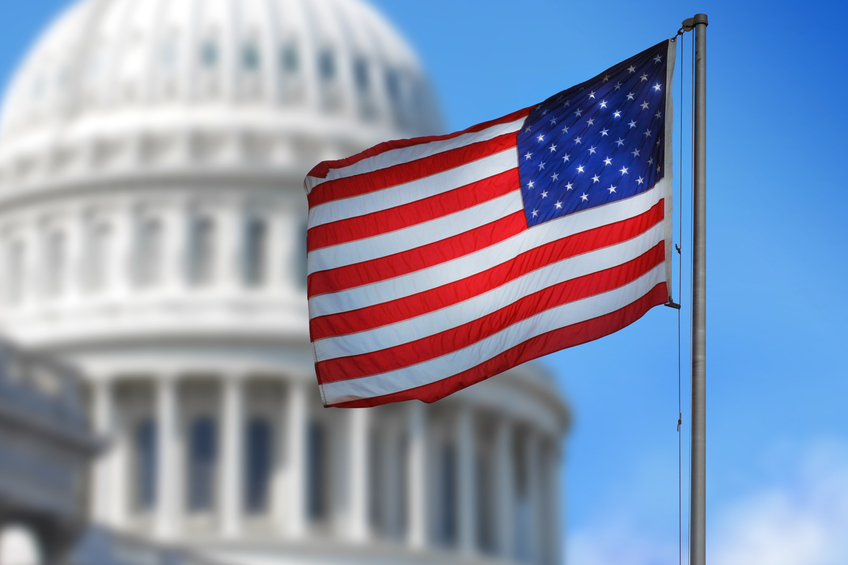
Stephen Roach, Senior Fellow, Yale University
Nov 28, 2017
Tax cuts masquerading as tax reform are the best way to describe the thrust of Washington’s latest policy gambit. The case is largely political – namely, the urgency of a Republican Congress to deliver a legislative victory for a Republican president. The consequences, however, are ultimately economic – and, unsurprisingly, likely to be far worse than the politicians are willing to admit.

Nov 20, 2017
Trump has said he raised the players' detention with Chinese President Xi Jinping during the leaders' recent meeting in Beijing. The players returned to the U.S
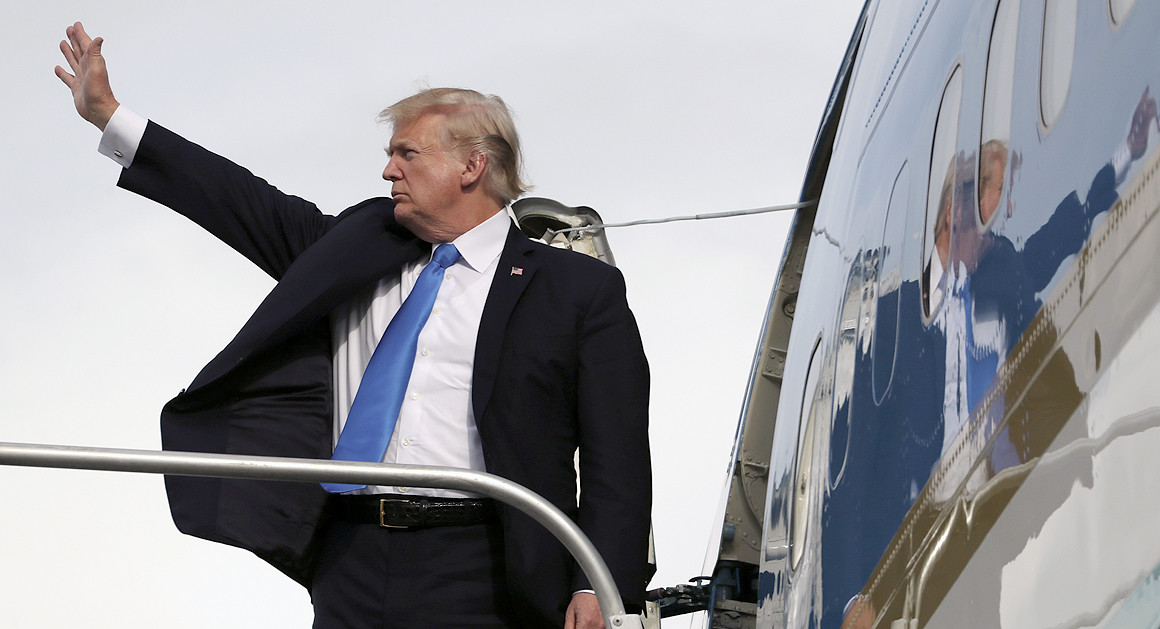
Dan Steinbock, Founder, Difference Group
Nov 15, 2017
Trump’s grueling 12-day Asia tour was a quest for mega deals. But as U.S. policies in Asia are shifting, a stress on competitive U.S.-Chinese visions neglects a historic bilateral opportunity to redefine global integration.
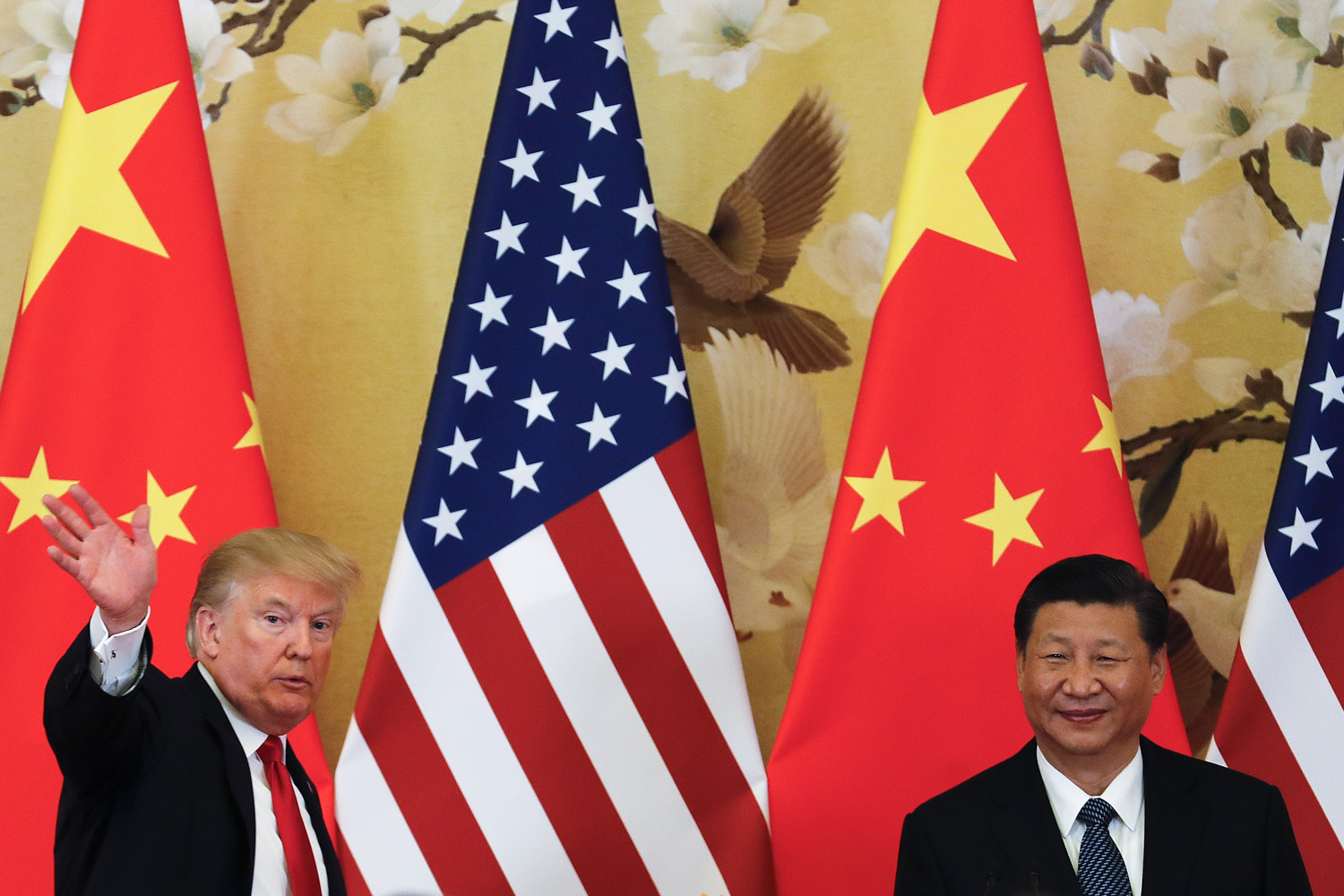
Niu Tiehang, Senior Fellow, CCIEE
Nov 14, 2017
Trump has adjusted his tune from “America First” to a commitment to trade. He may go down as the greatest dealmaker in history.
CNBC,
Nov 07, 2017
President Donald Trump on Tuesday flew into South Korea, the closest he has come to the frontlines of the nuclear standoff with North Korea, saying a solution must be found to the security threat posed by Pyongyang.
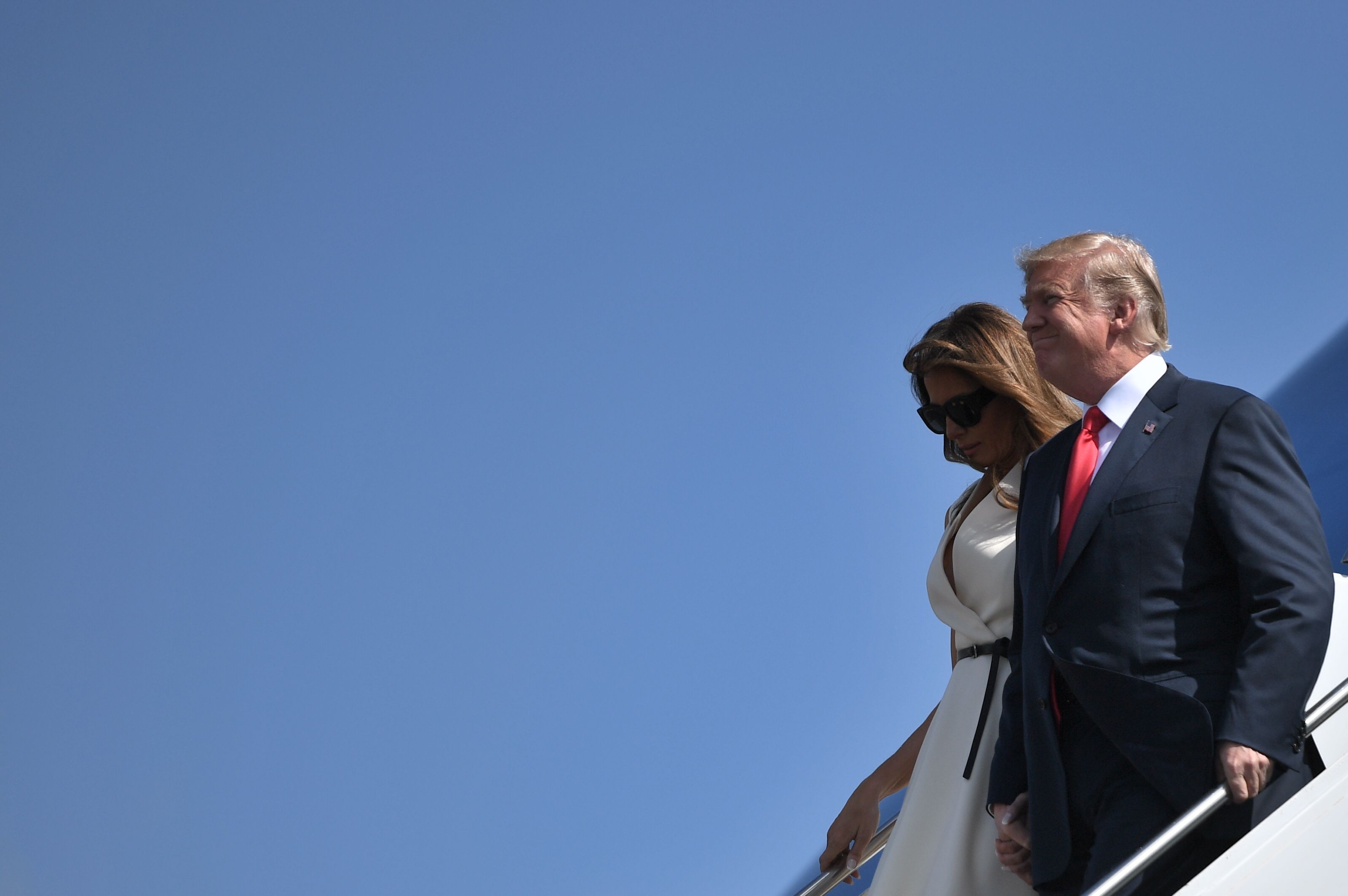
Douglas Paal, Vice President, Carnegie Endowment for International Peace
Nov 07, 2017
US President Donald Trump is making his first official visit to Asia. The 12-day tour of five countries will focus on easing doubts about the reliability of the United States and its leader. Given the challenges and possibilities for the US in Asia, that is an unambitious goal.
Back to Top

- China-US Focus builds trust and understanding between the U.S. and China through open dialogue among thought leaders.
- Our Offerings
- Topics
- Videos
- Podcasts
- Columnists
- Research Reports
- Focus Digest
- Stay Connected
-
Thanks for signing up!
- Get the latest stories from China-US Focus weekly.